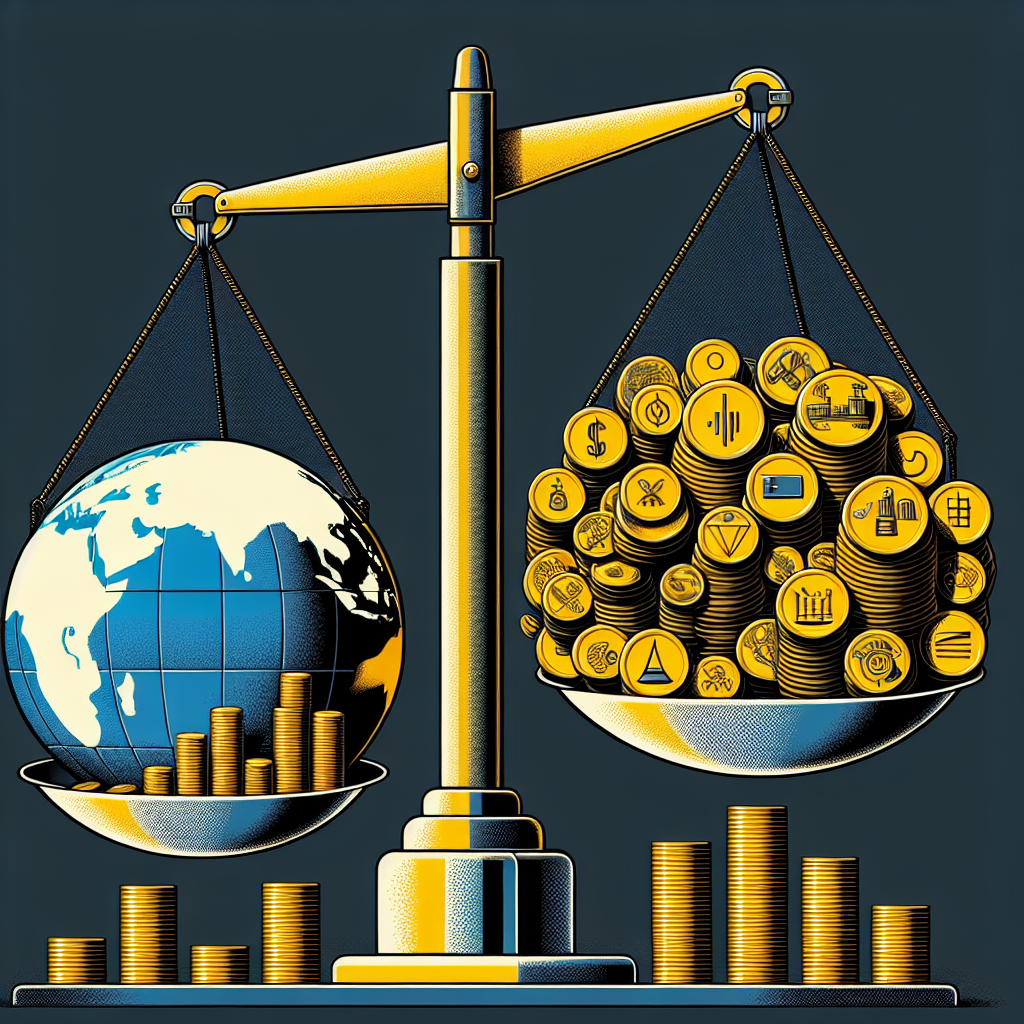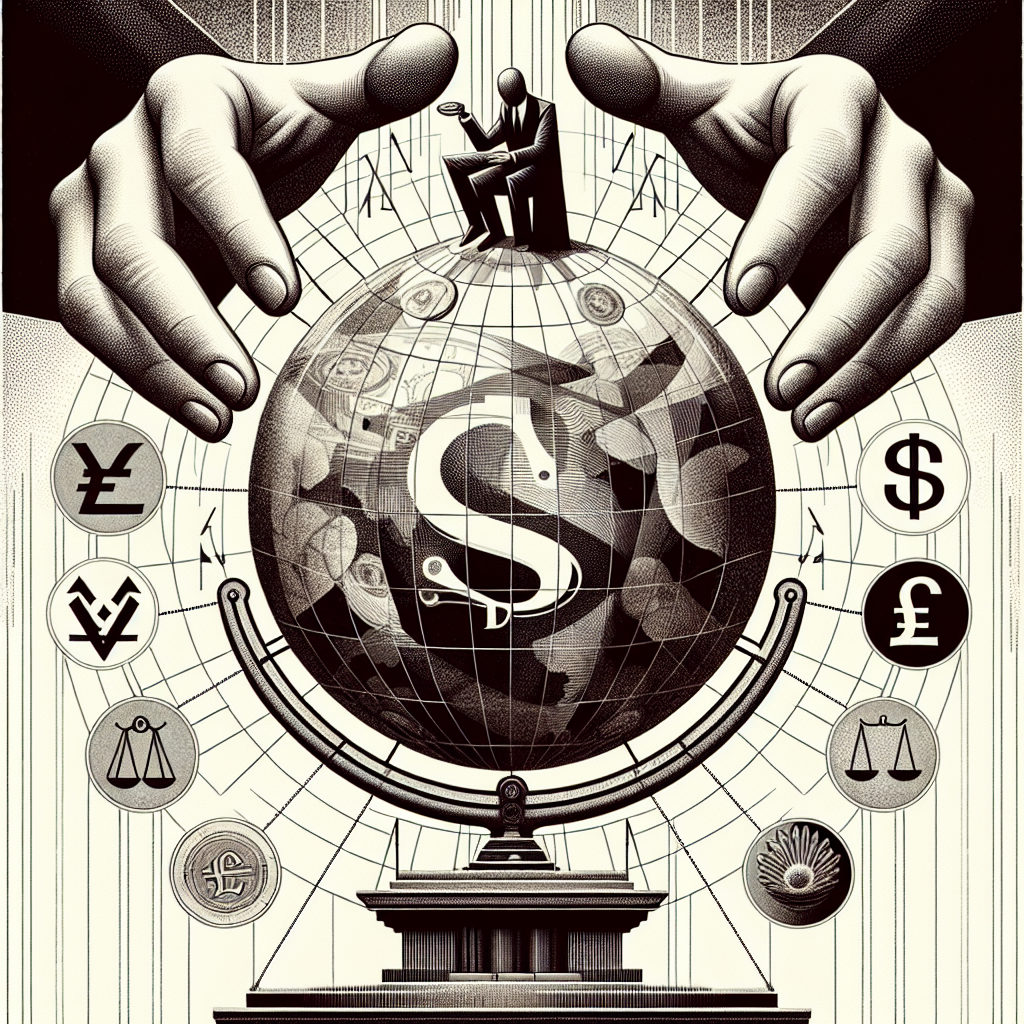Who Really Controls the World’s Wealth? The Power of Billionaires
The Landscape of Global Wealth
In the past few decades, wealth accumulation has shifted dramatically, concentrating significantly in the hands of a few individuals. The wealthiest people in the world today, primarily billionaires, have access to resources and influence that set them apart from the average citizen. With an estimated total of over 2,600 billionaires around the globe, their collective net worth exceeds $13 trillion. This staggering amount represents a significant portion of the world’s wealth, shedding light on the dynamics of economic inequality.
Defining ‘Billionaire Power’
Billionaires hold a unique status in the economy. They invest heavily in diverse sectors, including technology, finance, healthcare, and real estate. This investment activity positions them not only as business leaders but also as key players in global finance and politics. The term ‘billionaire power’ encompasses their financial influence, political lobbying, philanthropic endeavors, and media ownership.
The Economic Influence of Billionaires
Billionaires control vast resources that can dictate market trends, creating cycles of wealth generation favorable to their interests. For instance, tech moguls have significantly influenced the digital economy, shaping consumer behavior and business practices. Figures like Elon Musk and Jeff Bezos have altered entire industries, from electric vehicles to e-commerce.
Additionally, billionaires frequently invest in startups and disruptive technologies, helping to shape future economic landscapes. They leverage their resources to foster innovation, although this often leads to monopolistic behaviors that can stifle competition.
Political Connections and Lobbying
The power of billionaires extends beyond the marketplace into the political arena. Through substantial financial contributions to political campaigns, wealthy individuals can wield significant influence over legislation and public policy. Organizations such as the Koch Brothers’ network have shown that collective billionaire wealth can shape political ideologies and outcomes.
Philanthropic foundations, like those of Bill and Melinda Gates, often focus on social issues, yet they also serve to create a narrative that aligns with billionaire interests. The ability to effectively manage and distribute large sums of money allows billionaires to guide public discourse on issues like healthcare, education, and climate change.
The Role of Financial Institutions
Billionaires often have close relationships with major financial institutions, which can facilitate the rapid growth of their wealth. Investment banks provide leverage to magnify their financial ventures. Access to hedge funds and venture capital allows them to diversify their portfolios while also impacting entire sectors.
Investment strategies of billionaires, such as private equity buyouts or venture funding, can lead to substantial economic shifts. For example, the involvement of billionaires in renewable energy has spurred rapid advancements and implementation of sustainable technologies, reflecting a push not just for profit but for changes aligned with global needs.
Media Ownership and Public Perception
Many billionaires own or control major media outlets, allowing them to influence public perception and information dissemination. Figures like Rupert Murdoch and Jeff Bezos (with ownership of The Washington Post) wield considerable power over narratives presented to the public. This media influence can obscure the implications of their wealth accumulation, portraying it as positive or justified.
Billionaires can also shape cultural discourses, impacting how society views success, entrepreneurship, and economic inequality. This narrative control is critical in maintaining their power and justifying the significant disparities witnessed in resource distribution.
Philanthropy: A Double-Edged Sword
While billionaire philanthropy aims to address global challenges, critics argue that it often serves to legitimize their wealth while retaining significant control over its allocation. This power dynamic raises questions about whose interests are prioritized. The Gates Foundation, for example, has a significant impact on global health initiatives, but concerns about accountability and transparency linger.
By funding charitable initiatives, billionaires can directly influence public policy without democratic processes. Such involvement can lead to the privatization of social services that might otherwise be government responsibilities, further entrenching wealth disparities.
The Global Perspective on Wealth Concentration
Wealth concentration is not just a domestic issue; it transcends borders. Global billionaires often invest in emerging markets, impacting local economies and industries. However, this foreign investment can lead to exploitation, diminishing local control over resources and wealth.
Billionaires from different parts of the world often collaborate, building networks that transcend geopolitical boundaries. Their collective influence fosters a new form of economic imperialism, where wealth is extracted from less affluent nations to benefit the wealthy elite.
The Rise of New Economies and Billionaire Class
Emerging markets have produced a new class of billionaires, often in sectors such as technology and real estate. Countries like China and India have seen rapid growth in billionaires, contributing to the global wealth narrative. These new entrants not only compete with established billionaires but also bring distinct influences tied to their cultural contexts and economic environments.
The ongoing digitization of economies creates avenues for the rapid rise of billionaires, as substantial wealth can be generated more quickly than in traditional industries. Startups in sectors such as biotech or fintech continue to redefine what it means to build wealth in the modern age.
The Future of Billionaire Power
As conversations about wealth inequality continue to evolve, so does the scrutiny on billionaires. Global movements advocating for wealth distribution and corporate regulations pose challenges to the unchecked growth of billionaire power. Countries like Finland have considered implementing wealth taxes aimed at redistributing resources more equitably.
A growing number of individuals advocate for wealth caps or minimum taxes on billionaires to deter extreme wealth concentration. Such reforms could fundamentally alter the economic landscape, promoting a more balanced distribution of power and resources.
Conclusion
In conclusion, the powers harnessed by billionaires shape not only economic systems but also governance and social narratives across the globe. As they continue to evolve, it is essential to remain vigilant about the implications of such concentrated wealth. Understanding the complex interplay between billionaires and global systems is crucial for fostering a more equitable future.












Leave a Reply